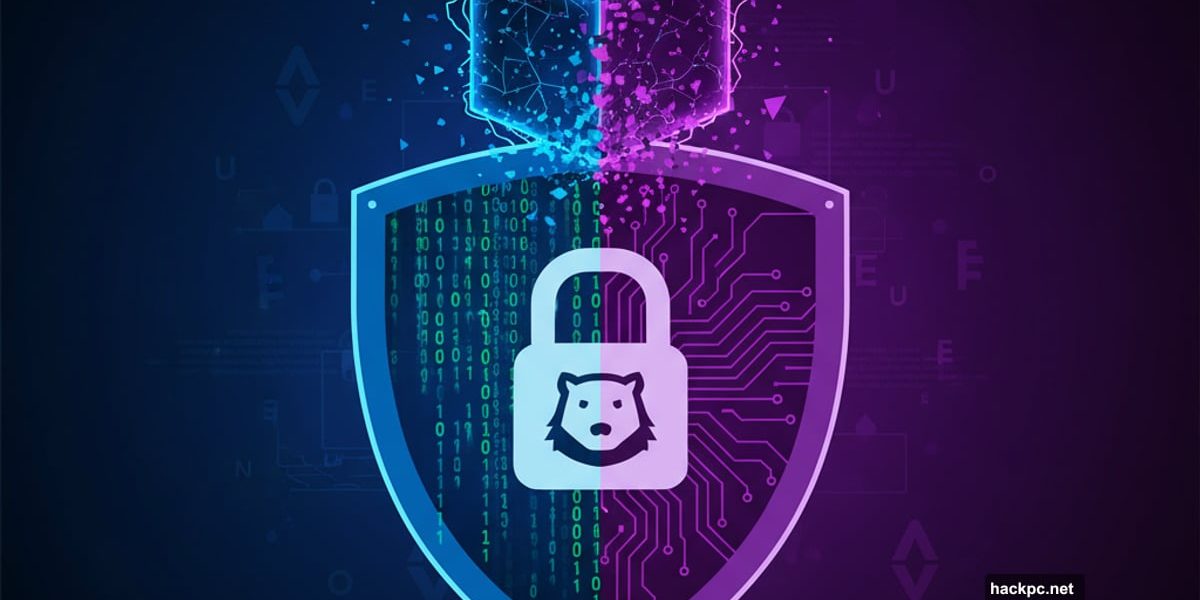
Windscribe rolled out a security upgrade that sounds like science fiction. But it’s very real and available right now.
The VPN provider just reinforced its WireGuard protocol with post-quantum encryption. That means your data stays protected even when quantum computers become powerful enough to crack today’s standard encryption. And that day is coming faster than most people realize.
Windscribe already offered basic post-quantum protections. However, this update adds a crucial second layer of defense. Plus, it’s available to all users across desktop, Android, and iOS platforms.
Why Quantum Computers Threaten Your Privacy
Current encryption works because traditional computers need billions of years to crack it. So your data stays safe from prying eyes.
But quantum computers change everything. They can solve complex mathematical problems exponentially faster than conventional machines. In fact, what takes a regular computer millions of years might take a quantum computer just hours or days.
That creates a terrifying scenario. Threat actors could intercept your encrypted data today and store it. Then, once quantum computers become accessible, they decrypt everything they collected. Your private conversations, financial data, and browsing history all become readable retroactively.
This isn’t theoretical paranoia. Quantum computing advances rapidly every year. So VPN providers need to prepare now, not wait until it’s too late.
How Windscribe’s Hybrid Approach Works
Windscribe’s solution uses a hybrid encryption method. It combines traditional cryptography with quantum-resistant algorithms.
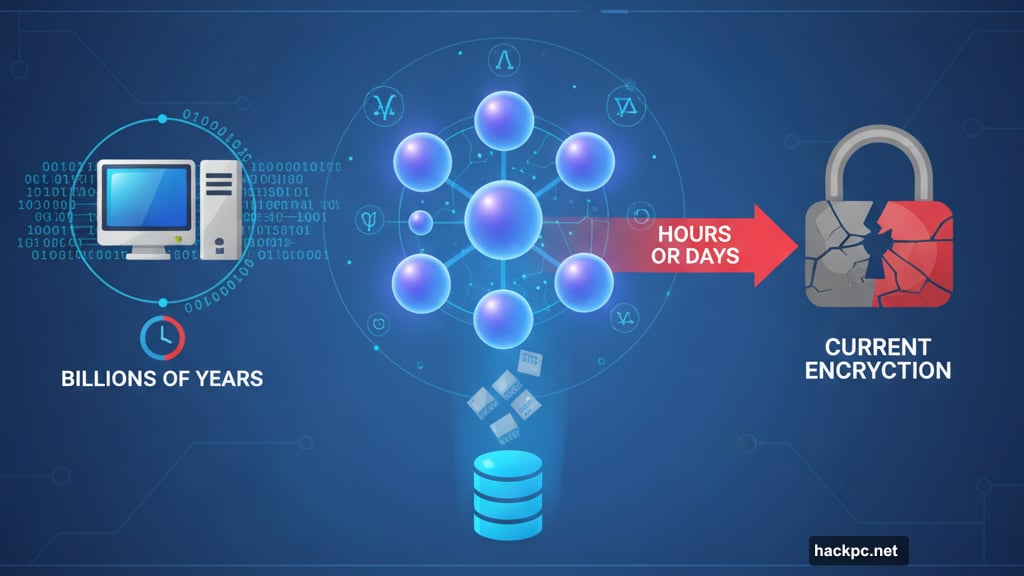
Here’s what that means in practice. When your device connects to a Windscribe server, it exchanges encryption keys. These keys determine how your data gets scrambled during transmission. Previously, the VPN used WireGuard’s PresharedKey (PSK) parameter for this exchange, but the PSK itself used classical encryption methods.
Now, Windscribe protects this key exchange process with post-quantum algorithms. So even if a quantum computer breaks the traditional encryption layer, the quantum-resistant layer keeps your data secure. Moreover, the encryption key rotates every time you log into the Windscribe app, adding another security advantage.
The technical implementation happens behind the scenes. You won’t notice any performance changes or complicated setup steps. Simply log out and back into your Windscribe app, then connect using the WireGuard protocol. The post-quantum protection activates automatically.
Windscribe Joins Growing Post-Quantum Movement
Windscribe isn’t alone in this security race. Several major VPN providers already offer post-quantum encryption or plan to add it soon.
ExpressVPN added post-quantum support to its proprietary Lightway protocol. Then it expanded support to WireGuard connections, encouraging industry-wide adoption. Meanwhile, NordVPN extended post-quantum encryption across all applications after initially limiting it to Linux users in 2024.
Other providers currently offering quantum-resistant protection include Mullvad, AdGuard, and PureVPN. Both Surfshark and NymVPN have announced plans to join the list shortly. This widespread adoption signals that the VPN industry takes quantum threats seriously.
Last year marked a turning point. The National Institute of Standards and Technology (NIST) released the first official quantum-resistant encryption standards. That gave VPN providers a clear framework to follow. So we can expect even more services to implement post-quantum encryption throughout 2025 and beyond.
This Matters More Than Most People Realize
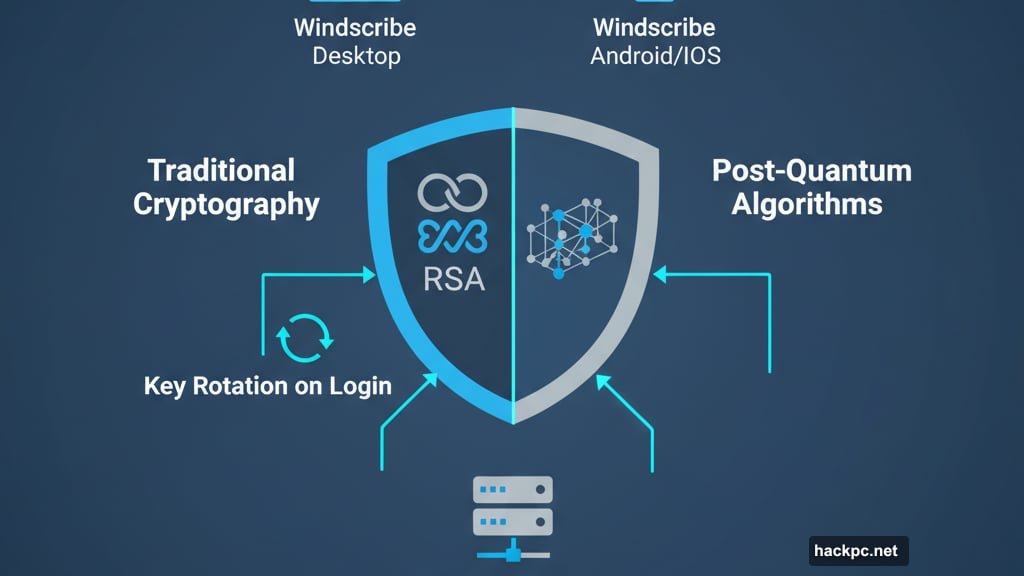
Post-quantum encryption sounds like overkill right now. After all, quantum computers capable of breaking current encryption don’t exist yet, at least not outside highly secure research facilities.
But security experts operate on a principle called “harvest now, decrypt later.” Sophisticated threat actors intercept encrypted data today with no way to read it. Then they store everything and wait. Once quantum computers become available, they decrypt years of collected information all at once.
That means data you encrypt today needs protection against future quantum attacks. Otherwise, anything you transmit now could become readable in five or ten years. Sensitive business communications, personal messages, and financial records all face this risk.
Windscribe’s update addresses this exact scenario. By implementing post-quantum encryption now, it ensures that data intercepted today remains secure tomorrow, even against quantum decryption attempts. That’s genuine future-proofing, not marketing hype.
Should You Switch to Windscribe?
Windscribe’s post-quantum update strengthens its position among top-tier VPN providers. However, post-quantum encryption is just one factor in choosing a VPN.
You should also consider connection speeds, server locations, logging policies, and price. Windscribe performs well in most categories, offering generous free plans alongside paid subscriptions. Plus, its focus on privacy and security makes it attractive for users who prioritize data protection.
Still, ExpressVPN, NordVPN, and other leading providers also offer post-quantum encryption. So Windscribe’s update doesn’t necessarily make it the only secure choice. Instead, it demonstrates the provider’s commitment to staying ahead of emerging threats.
The quantum computing revolution will transform cybersecurity. VPN providers that adapt now position themselves for long-term success. Those that wait risk becoming obsolete once quantum computers become mainstream.
Windscribe clearly belongs in the former category. And for users who want maximum security against both current and future threats, that commitment matters.
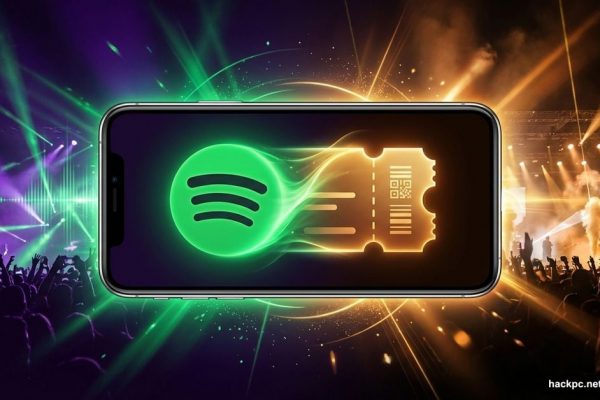
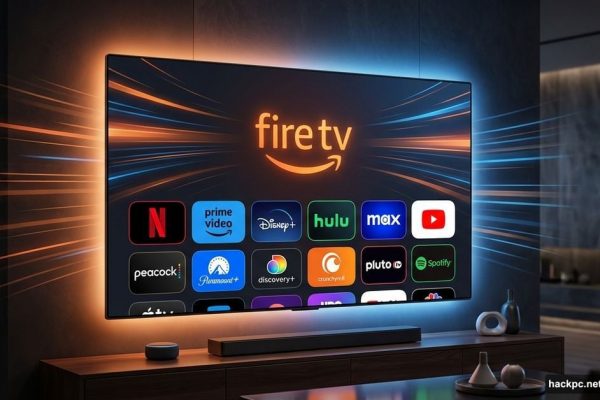
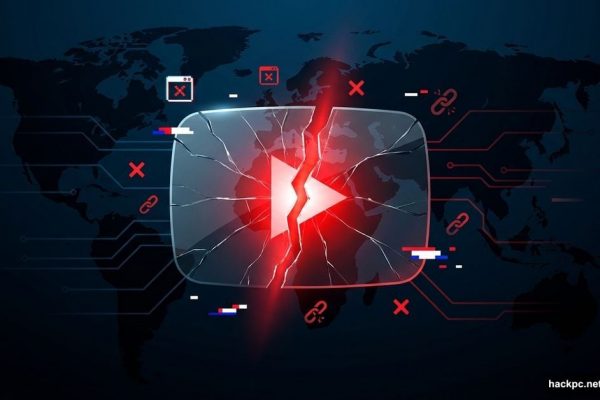
Comments (0)